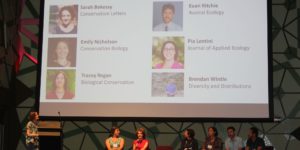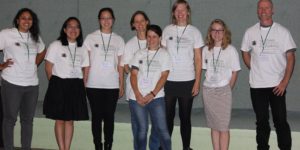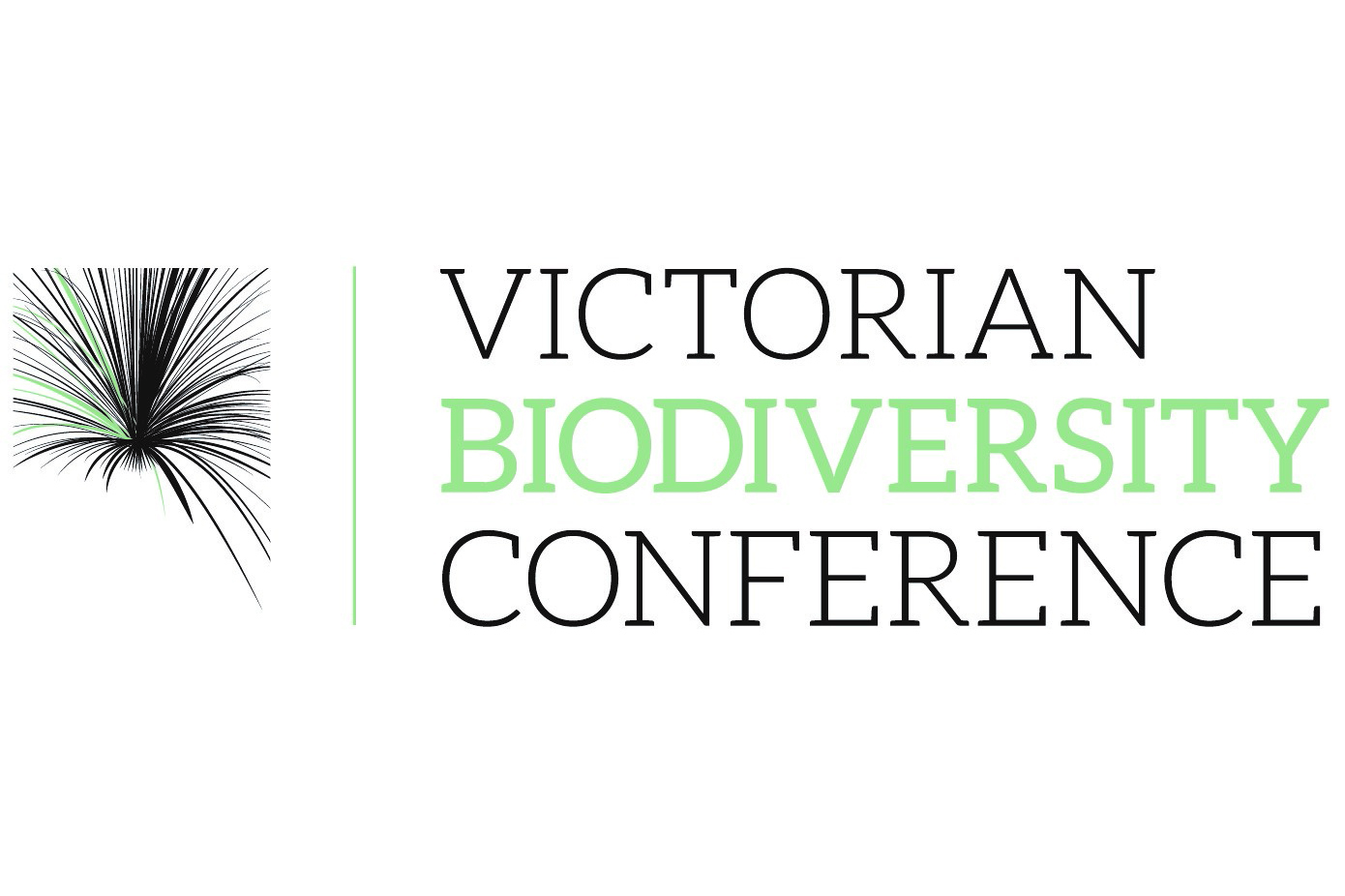This is a guest post from Matthew Selinske, Victorian Biodiversity Conference Organising Committee Member and RMIT PhD student. You can find Matthew on Twitter.
The inaugural Victorian Biodiversity Conference was held last week, February 7th and 8th, at RMIT University, and along-with the organising committee, I’d like to express gratitude to the Society of Conservation Biology Oceania for their support in ensuring it was a tremendous success.
Over 250 attendees participated in the biodiversity-rich two-day event that showcased some of the groundbreaking research being conducted by Victorian students, ECRs and others tackling local and global biodiversity issues.
The conference represented a terrific opportunity for sparking conversations and forging new connections for representatives from eight Victorian universities, and the nearly 50 different organisations in attendance, including Zoos Victoria; Department of Environment, Land, Water and Planning; the Arthur Rylah Institute for Environmental Research; the Australian Marine Mammal Conservation Foundation; the Conservation Ecology Centre; and several environmental consultancies and catchment authorities.
‘The Victorian Biodiversity Conference made real headway in establishing and supporting existing networks between young researchers, policy makers and practitioners, covering such areas as marine environments, fire and climate ecology, and how the public interprets biodiversity. It explored the important work of both universities and the research being conducted outside of the university space by government agencies and NGOs.’
– Professor Sarah Bekessy (RMIT)
It was a lot to pack into two days, with 85 talks, plenaries and panel discussions covering diverse topics. Plenarists included researchers Sarah Bekessy of RMIT, Deakin University’s Emily Nicholson, and also people outside of higher-learning institutions, such as Sarah Rees, an environmental activist and CEO of Great Forest National Park, and Sharee Marris, an aquatic scientist and environmental communicator. Panel discussions included a conversation by journal editors on publishing research, and a panel made up of practitioners and policy-makers discussed how they discover and incorporate research into everyday activities in the field and in the office. We designed the conference to be inclusive, and made attendance available to all by keeping ticket prices at $27.50 for students and ECRs, and emphasised diversity by providing a Breaking Barriers Grant, available to anyone needing assistance in attending the event.
SCBO provided a significant contribution to the conference by funding a most enjoyable and well-attended post-conference networking event at the Lincoln Hotel in Carlton, as well as an award to the presenter who demonstrated their dedication to halting biodiversity decline through excellent research or innovative conservation programs. The prize of $200 and an annual membership to the SCB was awarded to Anja Skroblin, post-doc at University of Melbourne School of Bioscience for her talk titled Bilby monitoring with Martu: Bringing together traditional knowledge and conservation science. Runners-up were Kate McWhinney, a Project Officer at the Mallee Catchment Management Authority who discussed Landholder engagement playing a role in long-lasting NRM outcomes; and Thomas Bach, post-doc at University of Melbourne, School of Geography, awarded for Indigenous seasonal knowledge for natural and cultural resource management.
See you next year for the Victorian Biodiversity Conference, 2018.


SCBO was proud to support the Victorian Biodiversity Conference. The Board considers requests to sponsor events or activities that meet the objectives of the Section, and the Society more broadly on an individual basis. More information here.

